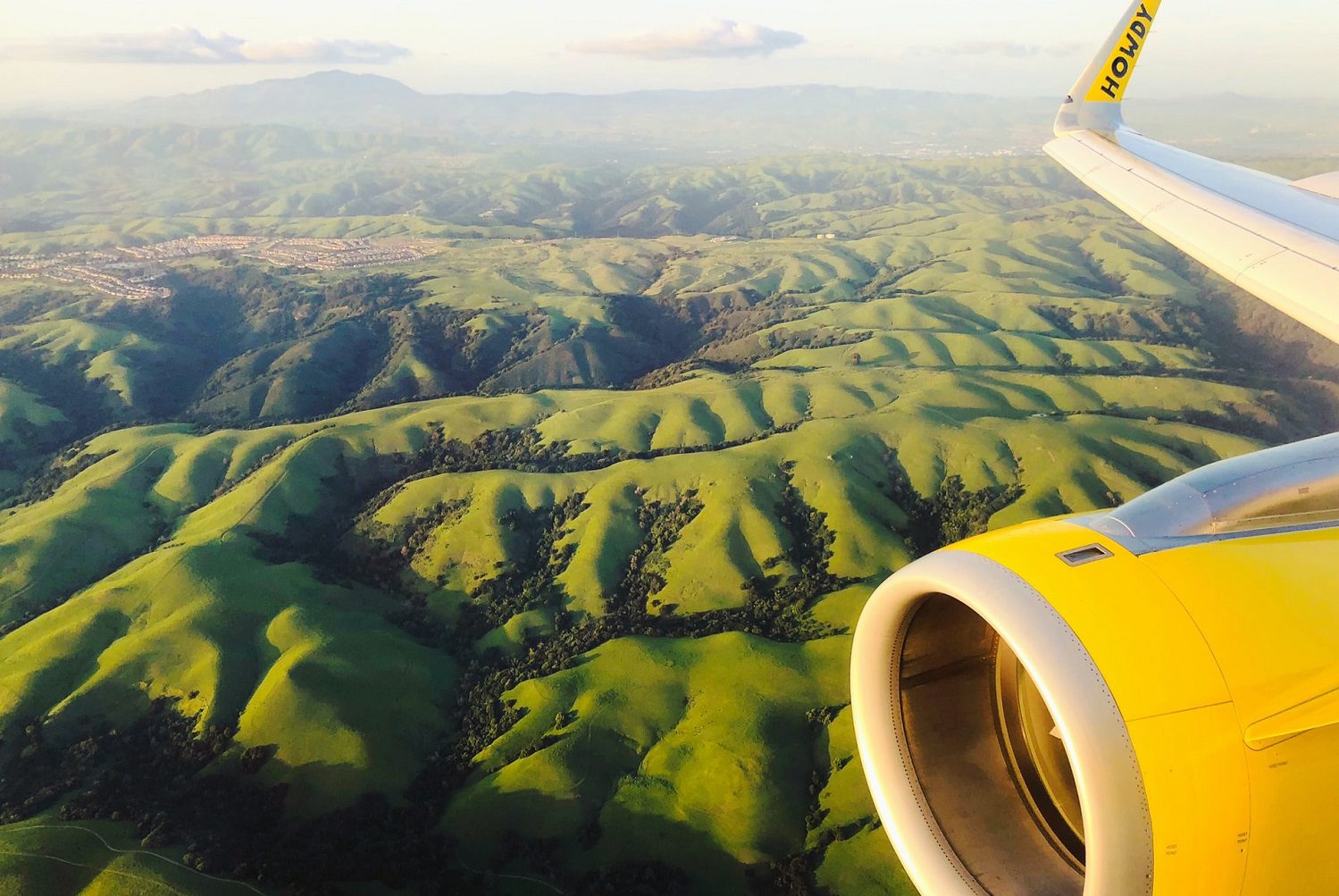Skift Take
Fuel efficiency is integral to the bottom line of airline operators. Skift Research found that efficiency improvements fluctuate considerably by year and between companies. Most were unable to achieve efficiency goals set by the industry.
Skift Pro and Skift Research subscribers are able to read this exclusive extract from the latest Skift Research report. Get more insights from Skift Research to stay ahead of the industry.
In Delta Air Lines’ 2021 environmental report, CEO Ed Bastian notes that: “Travelers should not have to choose between seeing the world and saving the world.”
Up to this point, however, there is little doubt that connecting the world to increase their bottom line has been more important to airlines and their investors, as well as the vast majority of travelers, than protecting the environment.
In Skift Research’s latest report, launched last week, we investigate the environmental performance of the six largest airline operators: Air France-KLM, American Airlines, Delta Air Lines, International Airlines Group, Lufthansa, and United Airlines.
We do this using targets proposed in 2009 by the International Air Transport Association (IATA), for the aviation industry to address its climatic impact. IATA represents 230 airlines, accounting for 82 percent of total air traffic.
Short-term goal: An annual average fuel efficiency improvement of 1.5 percent from 2009 to 2020. Medium-term goal: Stabilize net CO2 emissions at 2019 levels with carbon-neutral growth. Long-term goal: Reduce aviation’s net CO2 emissions to half of what they were in 2005, by 2050.Our investigation found that none of the companies achieved consistent annual fuel consumption reductions of 1.5 percent, as per the short-term goal, but overall airlines have been able to in
